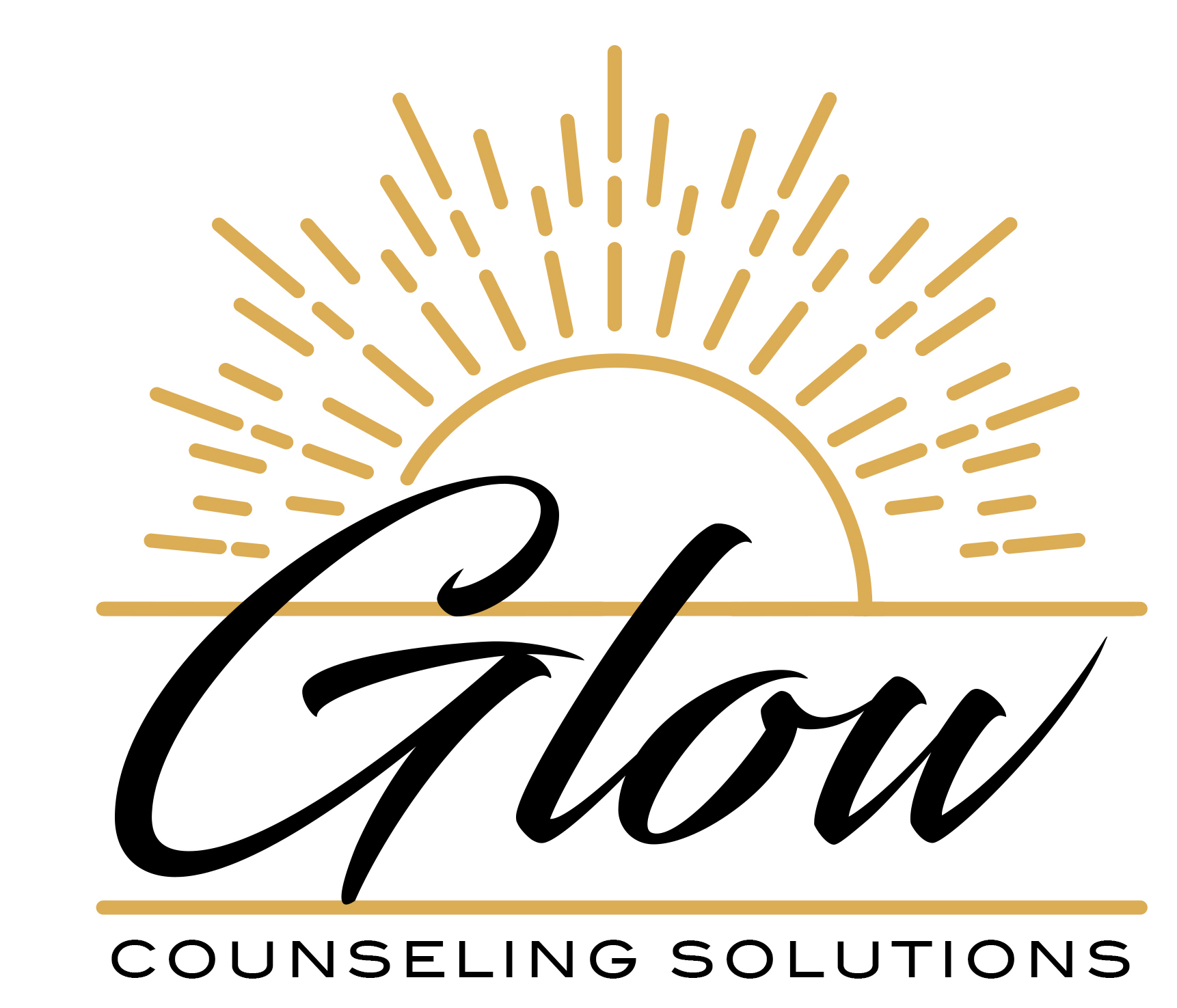
Why New Years Resolutions Don’t Matter
Do New Years Resolutions Really Matter?
We live in a world where setting resolutions has become a cultural norm, a way to mark a fresh start with each new year. But have you ever wondered if New Year’s resolutions truly hold the power we’ve attached to them? Or if they really make any difference in the long run?
The hype around New Year’s resolutions can be immense. At the end of December, we’re encouraged—by advertisements, social media, family, and friends—to make resolutions that will help us lose weight, get fit, learn new skills, or break bad habits. But let’s pause and think: how many people actually follow through on these resolutions? According to various studies, somewhere between 80% and 92% of New Year’s resolutions fail. That’s a huge percentage! So why do we keep making them, even when we know they may not matter or that we may not stick to them?
The Short-Lived Nature of Resolutions
The first reason why New Year’s resolutions don’t matter is that they often have a short lifespan. The excitement of a new year gives us a sense of starting fresh, but that enthusiasm can wear off very quickly. At the start of January, people feel motivated and optimistic. But by February or March, the reality of daily life sets in, and the resolutions are either forgotten or abandoned. This cyclical pattern of setting goals and then giving up is so common that it has become a cultural joke. We can all relate to that gym membership we bought in January, only to let it collect dust by February.
This quick burnout happens for a few reasons. First, many resolutions are rooted in grand, idealistic goals that feel overwhelming. Saying, “I will lose 50 pounds this year” or “I will become fluent in a new language by December” sets a massive expectation for ourselves, and those expectations can be too much to handle. When the inevitable setbacks come—such as missing a workout or not studying for a language lesson—people often feel discouraged. These resolutions often don’t take into account how hard it is to make long-term changes in our behavior or how easy it is to slip into old habits.
Resolutions Often Ignore the Reality of Change
A second reason why New Year’s resolutions don’t matter is that they oversimplify what it takes to make real, lasting change. True change requires more than just setting an intention at the beginning of the year. It requires hard work, consistent effort, the right mindset, and a willingness to fail and try again. When we set these broad, sweeping resolutions, we’re often ignoring the fact that change doesn’t happen overnight.
For example, let’s say you decide to quit smoking. It’s not as simple as just saying, “I’m done with this.” Addiction is a powerful force that requires careful planning, support, and gradual progress. Simply stating a goal without a realistic strategy or support system in place sets you up for failure. This is why many people end up feeling like they’re constantly setting the same resolutions year after year—because they never had the right approach to making the change in the first place.
Moreover, our lives are rarely static. Circumstances change throughout the year. A resolution made in January might not be as important by March if a new priority takes center stage. For example, let’s say you commit to running a marathon this year, but by February, you face a significant health issue or a new work challenge that requires your attention. Your initial resolution, which may have seemed so crucial just weeks earlier, no longer fits your reality. So, your resolution becomes irrelevant, not because you didn’t try hard enough, but because life threw a curveball.
The Pressure to Change Can Be Harmful
Another reason why New Year’s resolutions often don’t matter is the pressure they place on us. Society tends to glamorize the idea of self-improvement, leading to an assumption that we should always be striving for better versions of ourselves. But this constant drive for self-improvement can be exhausting, and at times, it’s not even necessary. The problem with resolutions is that they often make us feel like we’re not enough as we are. The pressure to change something about ourselves just because the calendar turns doesn’t always lead to positive outcomes. In fact, it can leave us feeling inadequate, self-critical, or even more stressed out.
This is particularly true for resolutions that are focused on appearance or external achievements. Weight loss goals, for instance, can reinforce unhealthy body image standards, while career-based resolutions can lead to burnout. The desire to constantly improve can make us lose sight of the fact that we’re already worthy, capable, and valuable just as we are. The push for change can lead to unhealthy comparisons, self-doubt, and dissatisfaction with the present moment.
Lack of Specificity and Planning
If resolutions are going to matter, they need to be specific, measurable, and actionable. Unfortunately, many New Year’s resolutions are vague. We say things like “I’ll get fit” or “I’ll read more,” but those aren’t specific goals. Without a clear plan of action or measurable steps to track progress, these resolutions are set up for failure from the start. We might feel good about committing to a goal, but without a roadmap, it’s easy to lose track or give up.
Take the resolution “I will get fit.” What does “getting fit” mean? Does it mean losing 10 pounds? Running a 5k? Working out five days a week? These are all different ways of approaching fitness. Without specificity, it’s easy to feel disheartened when you don’t see immediate results. If your goal isn’t specific, you can end up working hard without seeing tangible progress, which makes it easier to abandon the goal altogether.
This lack of specificity is why a more effective approach is the SMART goal framework—goals that are Specific, Measurable, Achievable, Relevant, and Time-bound. If you’re going to make a resolution, it needs to have a clear path forward. For example, instead of “I will read more,” try “I will read 12 books by the end of the year, reading one book per month.” That gives you something measurable to work toward, which makes it more likely that you’ll stick with it.
Reach out to schedule if you need help setting realistic goals and plans to achieve those goals
The Social Pressure Behind Resolutions
There’s also a social pressure that fuels New Year’s resolutions. Everyone is doing it, so it feels like you must, too. Social media, advertisements, and conversations with friends and family can create an environment where making resolutions becomes a communal expectation. But not everyone needs to make big changes in their lives at the beginning of the year. For some people, January is just another month, and forcing a “resolution” on themselves might feel like they’re just going through the motions to fit in.
In fact, the social pressure to set and keep resolutions can actually have negative consequences. People might choose goals based on what others expect from them, rather than what they genuinely want to achieve. For example, someone might set a goal to lose weight because everyone else is talking about fitness resolutions, even if they’re not truly motivated to make that change. These kinds of resolutions can end up feeling shallow and lack any real sense of personal fulfillment.
Alternatives to Traditional New Year’s Resolutions
Instead of focusing on the typical New Year’s resolution model, perhaps we could shift our thinking toward a more mindful approach. Instead of setting hard, rigid goals, we can focus on values that guide us throughout the year. For example, rather than saying “I will lose 30 pounds,” a more mindful approach might be: “I will prioritize my health and well-being this year, and explore what changes I can make to feel better in my body and mind.” This type of goal doesn’t come with the same rigid expectations or pressures. It’s about the journey, not the destination.
Additionally, instead of focusing on a single moment—January 1st—as the start of change, it might be more meaningful to see change as an ongoing process. Change can happen any time of year, not just when the calendar flips. You can decide to start something new or improve your life at any moment, without needing to wait for New Year’s Eve to make it happen. Every day is an opportunity for growth and transformation.
The Role of Self-Compassion
Lastly, let’s talk about the importance of self-compassion when it comes to resolutions—or the lack thereof. It’s easy to be hard on ourselves when we don’t follow through on goals. But the truth is, being kind to yourself is one of the most important things you can do in any endeavor, whether you’re working on a resolution or just trying to live life in a way that feels authentic to you. Acknowledging that we’re human and that setbacks happen is key to maintaining a positive mindset and moving forward.
Conclusion
In conclusion, while New Year’s resolutions might be a fun tradition, they don’t always matter. The pressure to make drastic changes at the beginning of the year can feel overwhelming and unrealistic. Instead of feeling like resolutions are the key to success, it might be more helpful to approach life with flexibility, compassion, and an understanding that growth is an ongoing process. It’s not about perfection; it’s about progress, and that can happen any time of the year. So, the next time January rolls around, don’t feel like you have to set a resolution. Embrace life as it comes, and let your goals evolve naturally.

